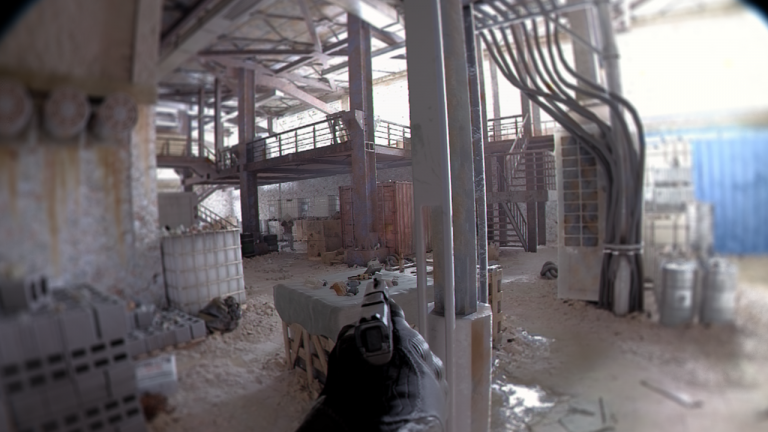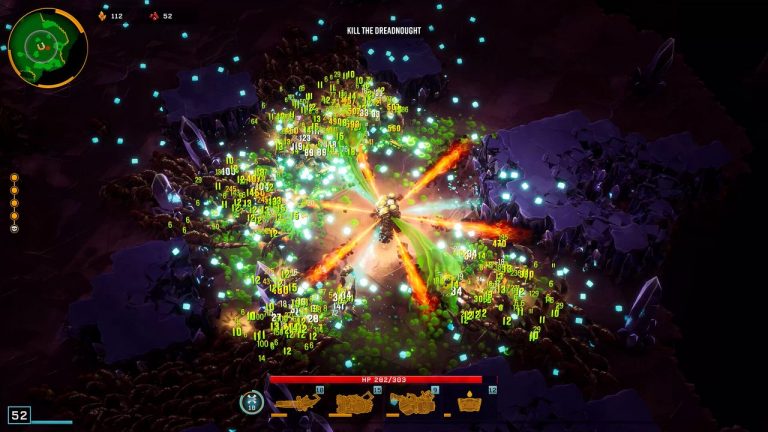No, Mr. Dimm isn’t the name of a Bond villain, nor is it the name of a less-than-smart school teacher in a teen comedy. MRDIMM is, in fact, an AMD- and JEDEC-backed attempt at standardising a kind of monstrously wide, fiendishly high-capacity, high-bandwidth, and somehow relatively cheap DDR5 memory. And now, Micron’s unleashed it (via Wccftech) into the wild.
We regular folk are used to standard “unregistered” RAM sticks forming some of the best RAM for gaming, but servers often use “registered” DIMMs, or RDIMMs. These buffer their control instructions to improve reliability, which is more important for servers than home users. MRDIMM, meaning Multi-Ranked buffered DIMM, works on this RDIMM design but (you guessed it) adds multiple ranks of DRAM.
Adding additional ranks of DRAM to a DIMM allows for more memory bandwidth, which will be ever-more important as servers clamour over more and more AI workloads.
Another popular way of improving bandwidth is to stack the DRAM and connect them over Through-Silicon-Vias (TSVs), as is done with High Bandwidth Memory (HBM). But this is expensive.
MRDIMM shouldn’t be as expensive as HBM because to allow for multiple ranks of DRAM you only really have to modify the hardware register (the buffer). Herein lies the trick that allows MRDIMM memory to run up to 8,800 MT/s (with up to 256 GB capacity).
By combining two transfers, one from each rank of DRAM that would normally run at 4,400 MT/s when in single-rank configuration, then sending this to the CPU all at once, you add a little buffer time (ie, latency) but double the effective bandwidth. This doubled bandwidth should, in theory, more than nullify the added latency compared to single-rank transfer speeds.
This kind of memory has been in the works for a while, now. In 2022, Intel started working with SK Hynix and Renesas to develop MCR DIMMs (Multiplexer Combined Ranks DIMMs), for Intel servers only. Then, in 2023 and with AMD’s backing, JEDEC started working on the DDR5 MRDIMM standard, which it looks like Micron is now bringing to market.
Funnily enough, Micron’s MRDIMM DRAM modules are (at least for now) for Intel Xeon 6 server processors. But given that it’s supposed to be an open standard, we can expect AMD to bring it to its Epyc servers before too long.
Whichever servers these bad boys come to populate, count me intrigued but mildly horrified by the sight of them—I mean, will we even be able to call them sticks, anymore? I can’t help but wonder what they’d look like slapped in my gaming PC. They should fit, after all. They won’t work, of course, because RDIMMs aren’t supported on regular motherboards, but they might make for a good photo or two.
We gamers shouldn’t be too discouraged that we’re not getting our own multi-rank DIMMS, though. We’ve got plenty to look forward to in the RAM form factor department. Yes, I’m looking at you, CAMM2, you peculiarly flat thing, you.












